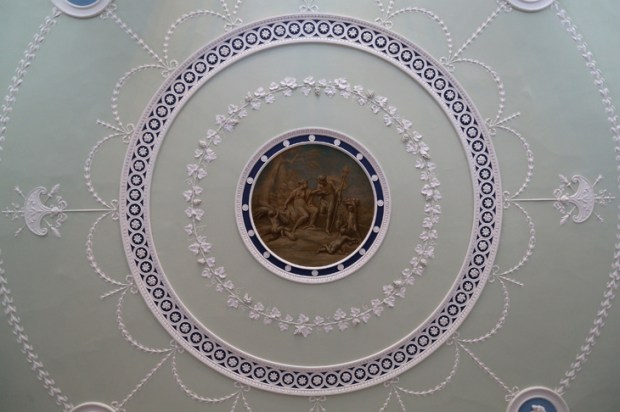A 14-year-old at an American school recently caused a stir when he claimed that the US government could save over $400 million annually on the cost of printer ink if the default printer font were switched from Times New Roman to Garamond.
Major effects can often be achieved by relatively trivial improvements. One of the things I have always hated about the European passport (apart from the word ‘European’, obviously) is the fact that the pages and the cover are all the same size. How much shorter would all immigration queues be were the photograph page just an eighth of an inch narrower than other pages, so the damned thing flipped open at the right place?
But these little incremental improvements are not really the stuff from which really interesting innovations arise. The most interesting progress seems to emerge from the mating of different ideas. This process of recombination is excellently described by Matt Ridley in a talk called ‘When ideas have sex’.
What really changes the world is when different ideas, often from different fields, breed to create something new. Sometimes the origins of these ideas are relatively niche, trivial or frivolous. For instance wheeled luggage seems to have been a remarkably late invention: as Nassim Taleb once asked, ‘How come we put a man on the moon before we thought of adding wheels to a suitcase?’ I investigated this, and it seems to be that the high-quality wheels which make this idea work came from technology developed for in-line roller-skates.
Other ideas start with a small niche market before becoming mainstream. Ten years ago, I wondered why dustpans did not have long handles, so that you needn’t grovel on the floor to use them. After an extensive search, I managed to buy a long-handled dustpan from a website specialising in products for the disabled. Last week I noticed this design is now the standard model sold in Lakeland.
There is a small £30 dongle you can now buy called the Google Chromecast, which lets you take online video (from the BBC iPlayer, BT Sport, YouTube, Netflix and so on) and with a couple of clicks, display it on your television instead of your computer or phone. It’s pretty useful in itself — and, hey, it’s £30. But I have a hunch that its most important use will be for something unintended by its creators: video-conferencing.
There are several reasons why video-conferencing has been so slow to take off. In the business world, it was mistakenly sold as ‘the poor man’s air travel’ when it should have been positioned as ‘the rich man’s phone call’. But in the home setting, I think there is another problem. Bluntly put, video-conferencing on a PC or mobile phone fails because we just don’t like many people enough to want their face within two feet of our own. Combined with fibre optic broadband, the Chromecast may finally make face-to-face chats emotionally tolerable and sociable via your television.
This recombinatory process, it seems to me, explains why capitalism works well. Not, as economists claim, because it is efficient, but for precisely the opposite reason: because it is so magnificently wasteful. Utterly niche or even pointless fields create a diversity of ideas, most of which fail or lead nowhere in the same way that most fashions lead nowhere. But occasionally, and unpredictably, two or more of these ideas mate to create some new adaptation which is greater than either. The same process works in nature. It seems birds may have first evolved the wings and plumage necessary for flight for mating display, not transportation. Over time, Darwin always beats Adam Smith.
Got something to add? Join the discussion and comment below.
Get 10 issues for just $10
Subscribe to The Spectator Australia today for the next 10 magazine issues, plus full online access, for just $10.















Comments
Don't miss out
Join the conversation with other Spectator Australia readers. Subscribe to leave a comment.
SUBSCRIBEAlready a subscriber? Log in